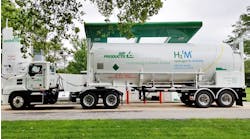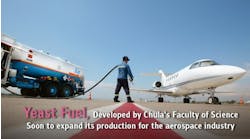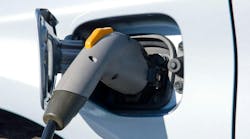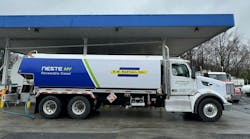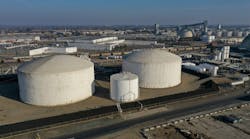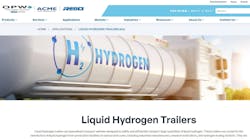Volvo Trucks North America, Greensboro NC, is applauding the Environmental Protection Agency’s (EPA) commitment to implementing 2010 emissions regulations as planned, characterizing recent efforts to seek 11th-hour changes as misleading and unnecessary.
Volvo Trucks also emphasized the benefits of its EPA'10 technology choice, selective catalytic reduction (SCR), for the customer and the environment.
"EPA has clearly stated that it has no intention of changing the 2010 timetable, and it’s counter-productive and misleading to suggest that the agency might change its mind in the 11th hour," said Per Carlsson, president and chief executive officer of Volvo Trucks North America. "Our focus should be on moving forward--making the industry’s transition to 2010 as smooth, efficient and uneventful as possible. That’s the only way to provide a significant benefit both to customers and the environment.
"Volvo Trucks is fully prepared to meet these regulations on time, and with the same engine we’re offering today. Beyond allowing us to deliver the cleanest diesel engines in the world, our proven SCR technology will provide customers with significantly improved fuel economy."
All but one manufacturer serving the North American market are committed to using SCR to achieve the near-zero emissions required by the EPA’10 regulations. SCR is the dominant emissions technology in the European market as well, and the only technology currently being used to meet the most recent emissions requirement in Japan. The only alternative proposed for EPA’10 is massive exhaust gas recirculation (MEGR), a technology which reduces engine performance and fuel efficiency, Mack said.
"Our testing and real-world experience demonstrates SCR is the optimal solution," said Carlsson. "More than half a million trucks use SCR every day in Europe alone, from the Arctic Circle to Turkey, so we know it works in any climate and condition."
Mack pointed out that a large coalition of industry organizations and suppliers has been working to establish the North American distribution network for the diesel exhaust fluid (DEF) used in SCR. A similar network was readily established in Europe. A recent industry forum in the United States put the cost of DEF at $2.70 per gallon; only two or three gallons of DEF are needed for every 100 gallons of diesel.
